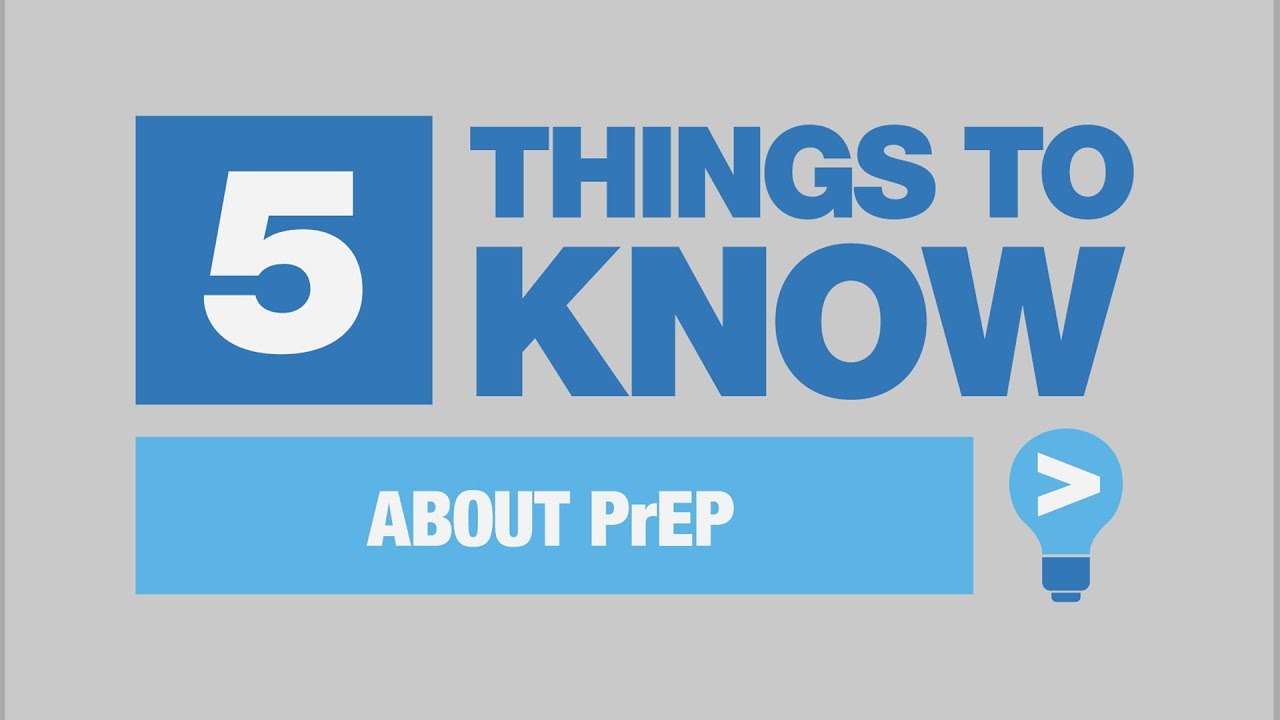What is HIV?
HIV is a virus that targets the immune system, specifically the CD4 cells (T cells), which help the immune system fight off infections. If left untreated, HIV reduces the number of these cells in the body, making a person more susceptible to other infections and diseases. The final stage of HIV infection is Acquired Immunodeficiency Syndrome (AIDS), characterized by a severely weakened immune system.
Transmission and Progression
HIV is transmitted through body fluids such as blood, semen, vaginal and rectal fluids, and breast milk. The most common ways of transmission include sexual contact, sharing needles, syringe use, and from mother to child during pregnancy, childbirth, or breastfeeding. Once in the body, HIV replicates and, if not treated, gradually weakens the immune system. Antiretroviral therapy (ART) can control the virus, helping people with HIV live longer, healthier lives and reducing the risk of transmission.
Preventing HIV
Prevention strategies include consistent and correct condom use, reducing the number of sexual partners, getting tested regularly for HIV and other sexually transmitted infections, and not sharing needles or syringes.
Understanding PrEP
Pre-exposure Prophylaxis (PrEP) is a preventive strategy for people who do not have HIV but are at high risk of getting it. PrEP involves taking a specific combination of HIV medicines daily. This medication can significantly reduce the risk of HIV infection from sex or injection drug use when taken consistently.
Is PrEP Safe?
Clinical trials have shown that PrEP is safe and effective for reducing the risk of HIV infection. Most people taking PrEP report minimal side effects, such as nausea, which usually go away over time. However, as with any medication, there can be side effects and potential interactions with other medications. Regular check-ups with a healthcare provider are crucial when taking PrEP.
Nutritional and Lifestyle Considerations
Maintaining a healthy lifestyle is important for everyone, but it's especially crucial for those living with HIV or taking PrEP.
1. Balanced Diet: A diet rich in fruits, vegetables, whole grains, lean protein, and low in saturated fats is vital. These foods provide essential nutrients, improve immune function, and help manage side effects of treatment.
2. Hydration: Staying hydrated is important. Water is the best choice, while avoiding excessive alcohol and sugary drinks.
3. Regular Exercise: Regular physical activity helps maintain a healthy weight, improves cardiovascular health, strengthens muscles, and boosts overall well-being.
4. Stress Management: Chronic stress can weaken the immune system. Activities like meditation, yoga, and adequate sleep can help manage stress.
5. Avoiding Tobacco and Limiting Alcohol: Smoking and excessive alcohol consumption can exacerbate health issues in people with HIV and those on PrEP.
6. Regular Health Check-ups: Regular visits to a healthcare provider for monitoring HIV status, other health screenings, and vaccinations are important.
Conclusion
Understanding HIV, its transmission, and prevention strategies is vital in the fight against this virus. PrEP stands out as a highly effective prevention method, and when combined with safe sexual practices and healthy lifestyle choices, it significantly reduces the risk of HIV infection. Regular medical care, a balanced diet, exercise, and stress management play crucial roles in maintaining good health for those at risk or living with HIV. With continued awareness and proactive measures, we can hope for a future with zero new HIV infections.

















